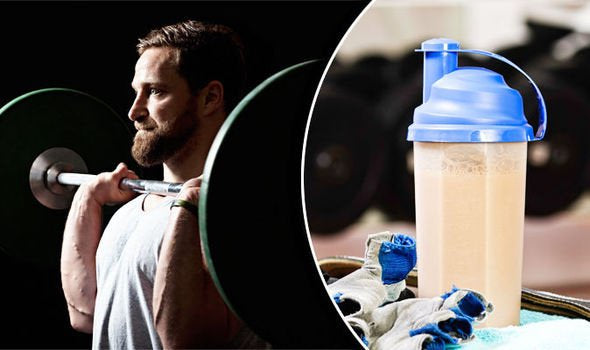
The Impact of Protein Timing on Muscle Growth and Performance
Share
A recent study by Lak et al. (2024) examines whether the timing of protein intake around workouts makes a difference in muscle growth and performance for resistance-trained men following a high protein diet. Let's explore their findings and what they mean for you.
The researchers aimed to answer a common question in the fitness community: Does consuming protein immediately before and after workouts lead to better muscle growth and performance compared to spreading protein intake throughout the day? To investigate, they compared two groups of resistance-trained men over an eight-week period.
The study involved 45 men who had been resistance training for at least a year. They were divided into two groups:
1. Group 1: Consumed a 25-gram whey protein shake immediately before and after their training sessions (50 grams total per day).
2. Group 2: Consumed the same shakes but three hours before and three hours after training.
Both groups followed a high protein diet, consuming 2 grams of protein per kilogram of body weight daily. They also adhered to a standardized resistance training program aimed at increasing muscle mass.
After eight weeks, both groups saw significant improvements in muscle mass and strength. However, there were no statistically significant differences between the groups in any of the measured outcomes, including:
- Muscle Mass: Both groups increased their estimated skeletal muscle mass.
- Strength: Performance improved in exercises like the leg press and chest press.
- Muscular Power: Both groups enhanced their performance in Australian pull-ups and vertical jump height.
These findings suggest that the timing of protein intake around training sessions might not be as crucial as previously thought, provided you're consuming enough protein throughout the day. This adds to a growing body of research indicating that when following a high protein diet, the specific timing of protein consumption around workouts does not significantly impact muscle hypertrophy or strength improvements.
The study's design is a significant strength, as it controlled for variables that could affect the results. All participants followed the same resistance training program and high protein diet. However, there are limitations to consider:
- Measurement Method: The use of bioelectrical impedance to assess muscle mass is not as precise as methods like ultrasound or MRI.
- Population: The study focused on healthy young men, so results may not apply to other groups.
- Protein Intake Levels: The high protein consumption in the study exceeds that of the general population, which might influence the applicability of the findings.
For those looking to maximize muscle growth and performance, the key takeaway is to focus on consuming enough total protein daily rather than worrying about the precise timing of your intake around workouts. A high protein diet combined with regular resistance training is an effective strategy for building lean muscle mass.
In summary, if you're already following a high protein diet, there's no need to stress about timing your protein shakes around your workouts. Instead, prioritize getting sufficient protein throughout the day in a way that fits your lifestyle and training schedule.
Thank you for reading! If you found this information helpful, be sure to share it with others who might benefit.
Exceed Your Limits
References
1. Schoenfeld BJ, Aragon AA. How much protein can the body use in a single meal for muscle-building? Implications for daily protein distribution. J Int Soc Sports Nutr. 2018 Feb 27;15:10.
2. Cribb PJ, Hayes A. Effects of supplement timing and resistance exercise on skeletal muscle hypertrophy. Med Sci Sports Exerc. 2006 Nov;38(11):1918-25.
3. Wirth J, Hillesheim E, Brennan L. The Role of Protein Intake and its Timing on Body Composition and Muscle Function in Healthy Adults: A Systematic Review and Meta-Analysis of Randomized Controlled Trials. J Nutr. 2020 Jun 1;150(6):1443-1460.
4. Kerksick CM, et al. International society of sports nutrition position stand: nutrient timing. J Int Soc Sports Nutr. 2017 Aug 29;14:33.
5. Schoenfeld BJ, Aragon AA, Krieger JW. The effect of protein timing on muscle strength and hypertrophy: a meta-analysis. J Int Soc Sports Nutr. 2013 Dec 3;10(1):53.
